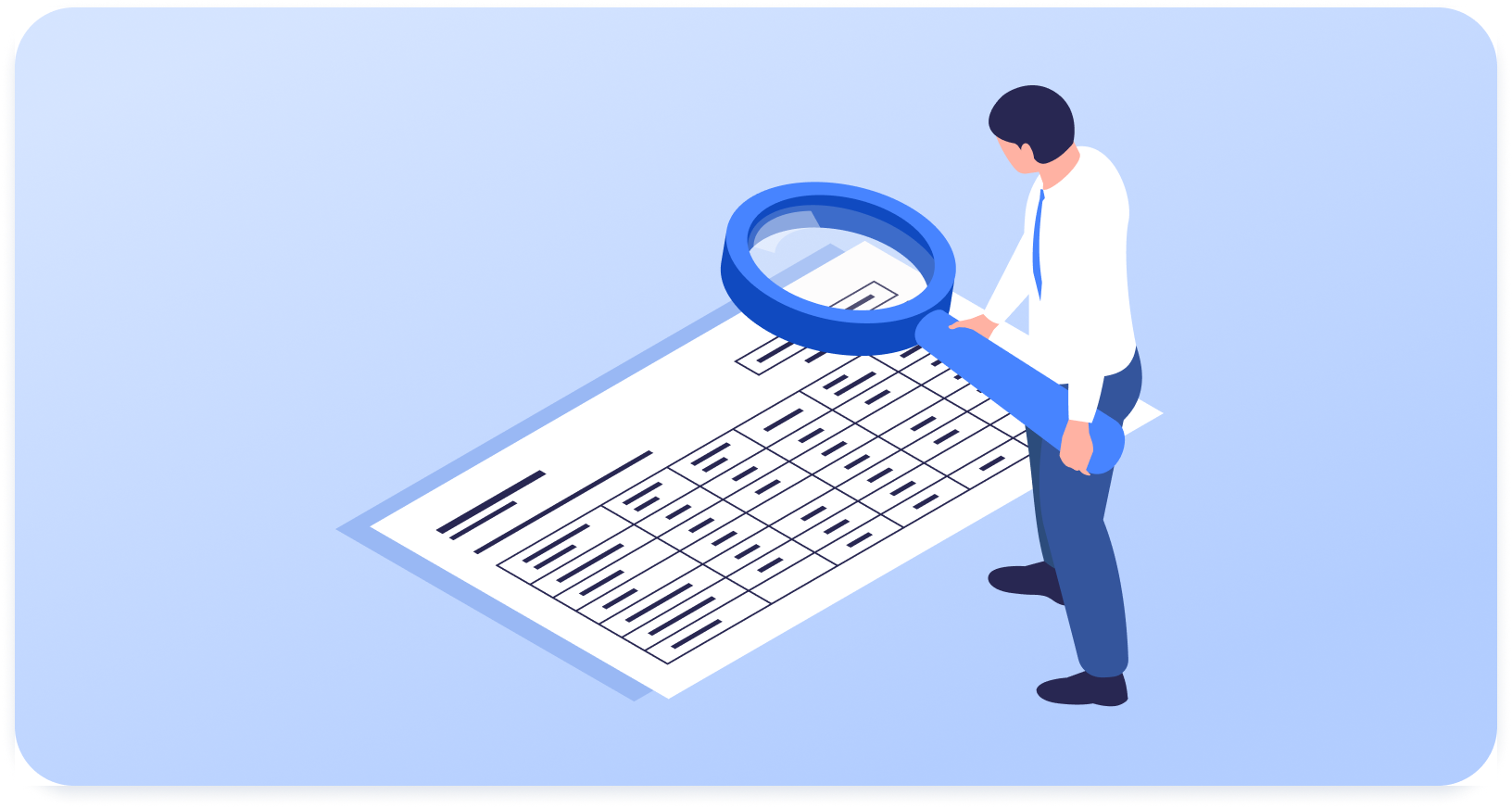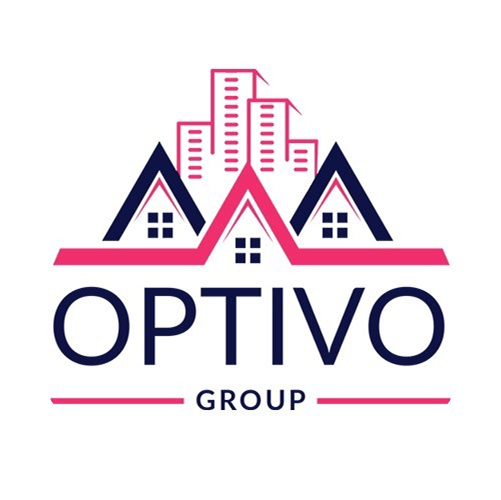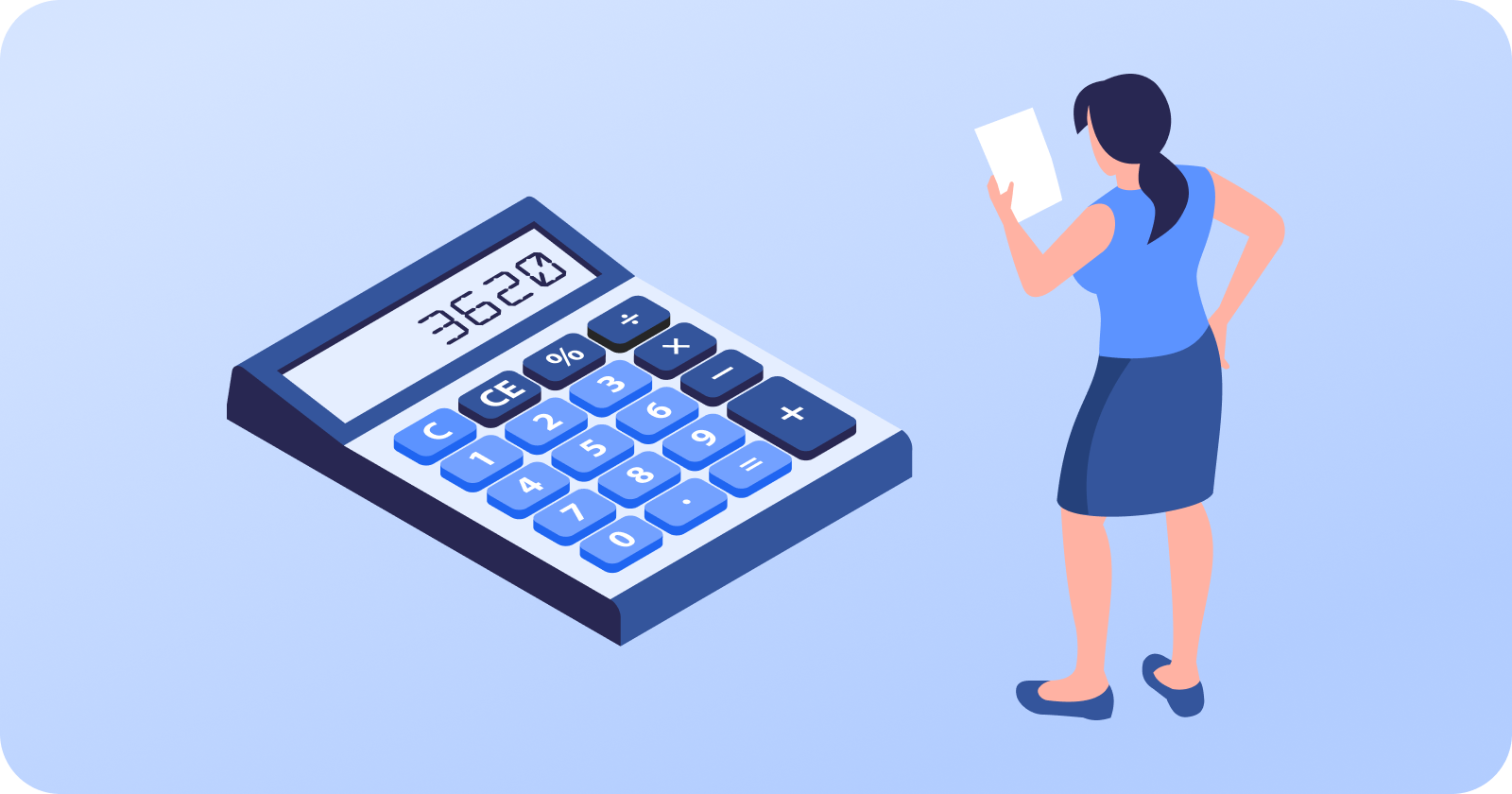Managing renovation projects across multiple properties presents unique challenges that require strategic planning, effective communication, and the right tools. Whether you’re overseeing a portfolio of residential units or commercial spaces, successful renovation management ensures projects are completed on time, within budget, and to the desired quality standards.
This comprehensive guide offers 20 expert tips for multi-property renovation project management and explores how specialized software like RenoQuest can streamline the process.
#1. Define Clear Objectives for Each Property
Start by pinpointing what you want to achieve with each renovation. Is it boosting rental income, enhancing curb appeal, or modernizing outdated features? Having well-defined goals will steer your decisions and help keep the project on track. Plus, when challenges arise, these objectives serve as your North Star, guiding you back to your original vision.
#2. Develop a Comprehensive Portfolio-Wide Budget
Think of your budget as the master plan for all your renovations. Allocate specific funds to each property, ensuring you account for materials, labor, permits, and those pesky unexpected costs. By overseeing your finances at both the macro and micro levels, you can make informed decisions and avoid unpleasant financial surprises.
#3. Standardize Processes Across Properties
Creating uniform procedures for tasks like contractor hiring, material procurement, and quality checks can be a game-changer. This consistency not only streamlines operations but also sets clear expectations for your team, reducing misunderstandings and errors. Think of it as creating a playbook that everyone follows, leading to smoother and more predictable outcomes.
#4. Assemble a Reliable Network of Contractors
Building strong relationships with dependable contractors is invaluable. When you have a go-to team familiar with your standards and expectations, projects tend to run more smoothly. Regular collaboration fosters trust and efficiency, making it easier to tackle challenges and maintain quality across all properties.
#5. Understand Local Regulations and Compliance Requirements
Navigating the maze of local building codes and permits is crucial. Each area may have its own set of rules, and staying compliant avoids legal headaches and project delays. By being proactive and informed, you ensure that your renovations meet all necessary standards, keeping your projects on the right side of the law.
#6. Implement Centralized Communication Channels
Effective communication is the backbone of successful project management. Utilizing centralized platforms ensures that everyone – from property managers to contractors – is on the same page. This approach minimizes misunderstandings, keeps information accessible, and fosters a collaborative environment where issues can be addressed promptly.
#7. Schedule Projects Strategically
Timing is everything. Plan renovations during periods that cause the least disruption to tenants and daily operations. By staggering project timelines, you can better allocate resources and ensure that contractors are available when needed, leading to more efficient project completion.
#8. Monitor Progress with Regular Site Inspections
There’s no substitute for firsthand observation. Regular site visits allow you to assess progress, ensure quality standards are met, and address any issues before they escalate. This hands-on approach demonstrates your commitment to excellence and keeps everyone accountable.
#9. Maintain Detailed Documentation
Keeping thorough records of contracts, permits, plans, and communications is essential. This organized approach not only aids in tracking progress but also provides a clear reference in case disputes arise. Detailed documentation serves as the project’s memory, ensuring transparency and accountability.
#10. Prioritize Tenant Communication and Satisfaction
Happy tenants are more likely to be cooperative during renovations. Keep them informed about schedules, potential disruptions, and safety measures. Addressing their concerns promptly fosters goodwill and can lead to smoother project execution.
#11. Leverage Technology for Project Management
Incorporating specialized software can significantly enhance efficiency. Tools like RenoQuest offer features tailored for multi-property renovation management, such as task creation, milestone tracking, and real-time updates. By centralizing project details, you can streamline operations and maintain better control over each renovation.
#12. Implement Quality Control Measures
Establishing clear quality standards and conducting regular assessments ensures that renovations meet your expectations. Consistent quality not only enhances property value but also boosts tenant satisfaction, leading to longer tenancy periods and reduced turnover.
#13. Optimize Resource Allocation
Efficient distribution of labor, materials, and equipment prevents bottlenecks and ensures that no project is left waiting. By analyzing each project’s needs and adjusting resource allocation accordingly, you can maintain steady progress across all renovations.
#14. Plan for Waste Management and Site Cleanliness
A clean worksite is a safer and more efficient one. Coordinate debris removal and maintain cleanliness to comply with regulations and minimize disruption. This attention to detail reflects professionalism and can positively impact tenant perceptions.
#15. Anticipate and Mitigate Risks
Every renovation project comes with its set of risks, from budget overruns to unforeseen structural issues. Identifying potential problems early and developing contingency plans allows you to address challenges proactively, reducing their impact on the project’s timeline and budget.
#16. Foster Collaboration Among Stakeholders
Encouraging open communication and cooperation between property managers, contractors, designers, and tenants ensures that everyone is aligned with the project’s goals. This collaborative approach can lead to innovative solutions and a more harmonious renovation process.
#17. Utilize Data Analytics for Decision Making
Leveraging data from past projects can provide valuable insights for current renovations. Analyzing trends, costs, and outcomes helps in making informed decisions, improving efficiency, and identifying areas for cost savings.
#18. Ensure Adequate Insurance Coverage
Verifying that all parties have appropriate insurance coverage protects against potential liabilities. This safeguard ensures that, in the event of accidents or unforeseen issues, the financial impact is minimized, and the project can proceed with confidence.
#19. Stay Updated on Industry Trends and Innovations
In the ever-evolving world of property management and renovations, staying ahead of the curve is crucial. Regularly immersing yourself in industry publications, attending trade shows, and participating in webinars can keep you informed about the latest materials, technologies, and design trends. This proactive approach not only enhances the quality of your renovations but also ensures your properties remain competitive and appealing to tenants. Remember, in this fast-paced industry, if you’re not moving forward, you might just find yourself renovating your own resume.
#20. Don’t Give Up
Renovation projects can sometimes feel like you’re trying to nail jelly to a wall—frustrating and messy. Unexpected challenges, budget overruns, and delays are par for the course. But remember, perseverance is key. As the saying goes, “It always seems impossible until it’s done.” So, when you’re knee-deep in drywall dust and decisions, take a deep breath, maybe have a chuckle at the chaos, and keep pushing forward. After all, the difference between a successful renovation and an abandoned project is often just a matter of not giving up.
How RenoQuest can help with Multi-Property Renovation Management

Managing renovations across multiple properties can be complex and time-consuming. RenoQuest is a specialized renovation project management software designed to address the unique challenges of multi-property renovations. Its features include:
- Centralized Project Oversight: Manage all renovation projects from a single platform, providing complete control and visibility across your property portfolio.
- Efficient Contractor Coordination: Streamline contractor hiring, tracking, and communication to ensure tasks are completed on time and meet quality standards.
- Real-Time Budget and Cost Tracking: Monitor expenses against projections with detailed financial dashboards, helping to prevent cost overruns.
- Smart Scheduling Tools: Optimize workflows and reduce planning time with scheduling features that identify critical path dependencies.
- Seamless Integration: Integrate with leading property management systems like RealPage, Yardi, and Entrata for streamlined data transfer and reduced manual entry.
By incorporating RenoQuest into your renovation management strategy, you can enhance efficiency, maintain budget control, and ensure consistent quality across all your projects.
Conclusion
Effective management of multi-property renovation projects requires a combination of strategic planning, standardized processes, and the right technological tools.
By implementing the expert tips outlined above and leveraging specialized software like RenoQuest, property managers can navigate the complexities of renovation projects more effectively. Request a demo if you want to feel the difference yourself.









